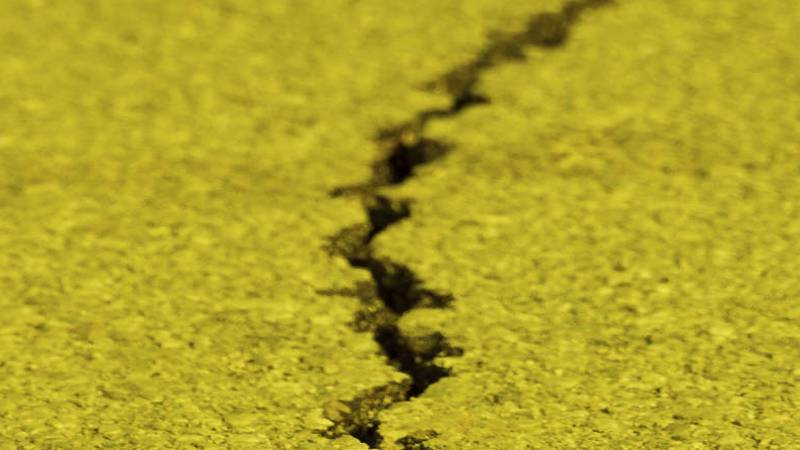
A mild-to-moderate earthquake jolted Karachi and its surrounding areas in Sindh province on Wednesday night, seismological officials said.
The National Seismic Monitoring Centre (NSMC) reported the earthquakes at 9:26 p.m.
The earthquake had a magnitude of 3.2 on the Richter scale and a depth of 42 kilometers. The epicenter of the earthquake was around 32 kilometers southwest of Karachi.
Authorities are monitoring the situation and have suggested citizens keep calm. There were no early reports of injuries or damage.
Earlier in the day, a 4.7-magnitude earthquake shook Islamabad, Rawalpindi, and areas of Khyber Pakhtunkhwa.
The earthquake's tremors were felt in both the twin cities and cities throughout the country's northwestern province.
Tremors were felt in the following KP cities: Peshawar, Swat, Parachinar, Malakand, Lower Dir, Hangu, Charsadda, Swabi, and their surroundings. Tremors were also detected in the North and South Waziristan areas.
The National Seismic Monitoring Centre said that the earthquake's epicenter was in Afghanistan's southern area.
The earthquake's depth, it stated, was 98 kilometers.
In the first week of this month, a 3.2-magnitude earthquake rattled Karachi, particularly the Clifton area.
According to the seismic monitoring center, the epicenter of the quake was 15 kilometers northeast of Karachi and 22 kilometers deep.
However, there were no reports of casualties or property damage from the earthquake.
Natural catastrophes such as earthquakes are not uncommon in Pakistan, which is located on the border of the Indian and Eurasian tectonic plates.
Large regions of South Asia are seismically active as the Indian plate pushes north onto the Eurasian plate.
Recent earthquakes have highlighted the necessity of catastrophe preparation and mitigation methods.

